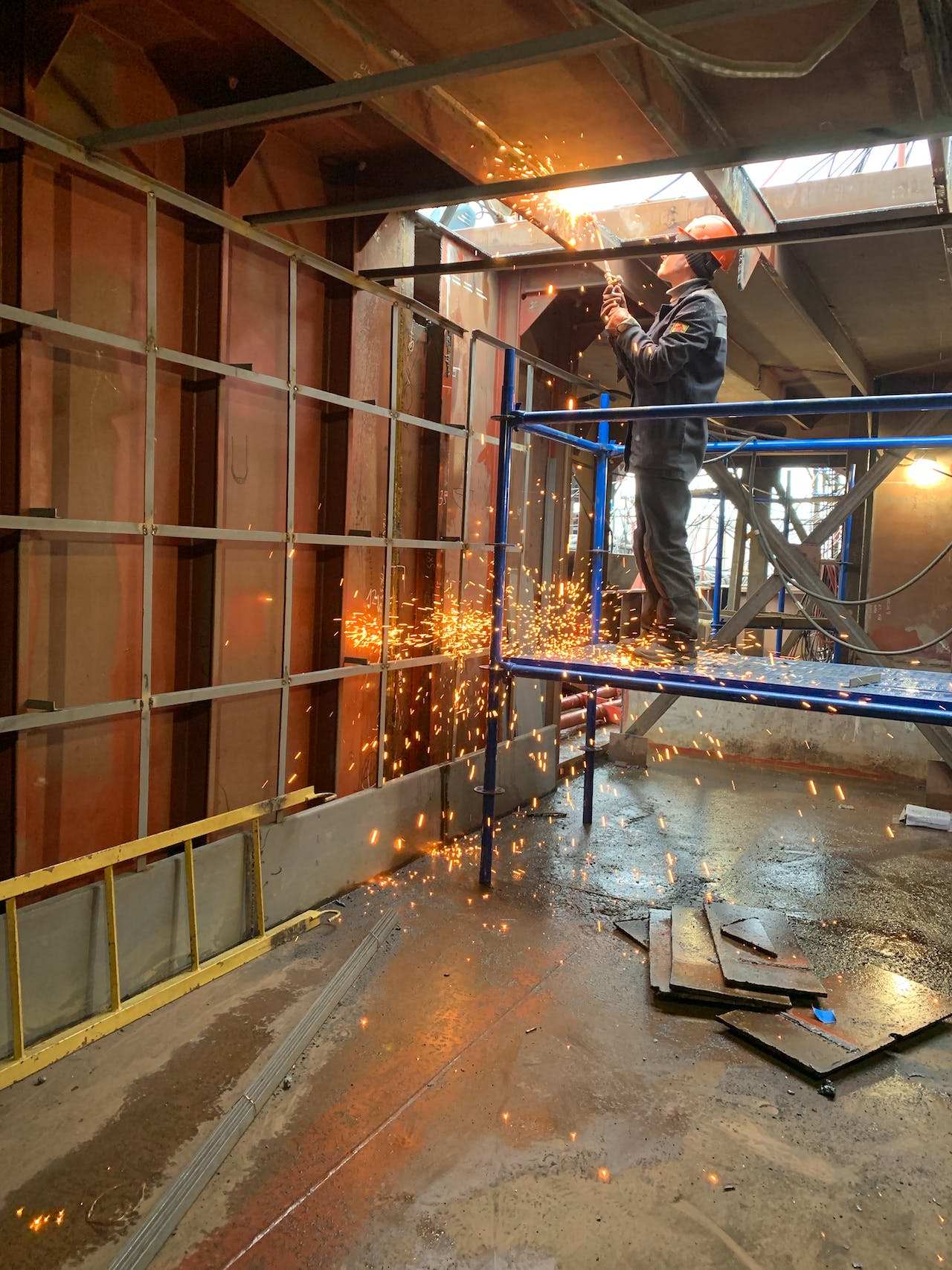Introduction:
In the dynamic world of construction and real estate, the role of a building inspector is crucial in ensuring the safety, integrity, and compliance of structures. Among these professionals, master building inspectors stand out as the paragons of expertise and experience. With a deep understanding of building codes, construction practices, and an eye for detail, master building inspectors play a pivotal role in guaranteeing the quality of buildings and ensuring the safety of occupants.
The Role of a Master Building Inspector:
Master building inspectors are seasoned professionals who have typically accumulated years of experience in the field of construction and inspection. Their primary responsibility is to assess structures for compliance with local building codes, zoning regulations, and safety standards. This involves a comprehensive examination of various aspects of a building, including its foundation, framing, electrical systems, plumbing, and overall structural integrity.
Key Responsibilities:
- Code Compliance: Master building inspectors have an in-depth knowledge of local, state, and national building codes. They ensure that construction projects adhere to these codes, which are designed to safeguard the well-being of the public and promote structural soundness.
- Quality Assurance: Beyond mere code compliance, master building inspectors focus on the overall quality of construction. They scrutinize workmanship and materials to ensure that they meet or exceed industry standards, contributing to the longevity and durability of the structure.
- Safety Standards: Safety is paramount in any construction project. Master building inspectors assess the safety features of a building, including fire safety measures, accessibility for individuals with disabilities, and the overall structural stability to ensure the well-being of occupants.
- Documentation and Reporting: A crucial aspect of the inspector’s role is the meticulous documentation of their findings. They generate detailed reports outlining their observations, any violations, and recommendations for remedial action. These reports serve as crucial documents for property owners, builders, and regulatory authorities.
- Communication: Master building inspectors often act as liaisons between builders, architects, and property owners. Effective communication skills are essential in conveying inspection results, discussing potential issues, and ensuring that necessary corrections are made promptly.
Qualifications and Training:
To become a master building inspector, individuals typically need a strong foundation in construction and building sciences. Many master building inspectors have backgrounds in architecture, engineering, or construction management. In addition to formal education, on-the-job experience is crucial for developing the practical skills and insights necessary for effective inspections.
Continuous education is also a hallmark of master building inspectors. Staying updated on the latest building codes, materials, and construction techniques ensures that they remain at the forefront of their field.
Conclusion:
Master building inspectors play a vital role in upholding the standards and safety of the built environment. Their expertise, honed through years of experience and ongoing education, ensures that structures are not only code-compliant but also built to the highest standards of quality. In a world where construction practices evolve, the role of master building inspectors remains integral to fostering safe, durable, and resilient communities.









